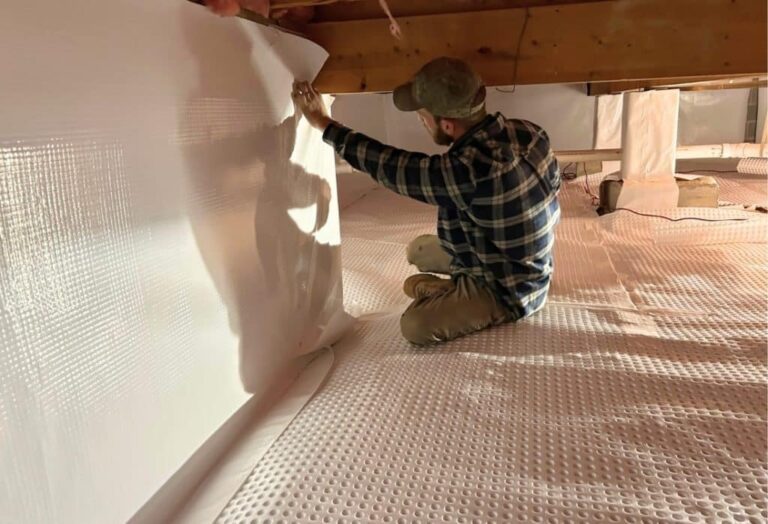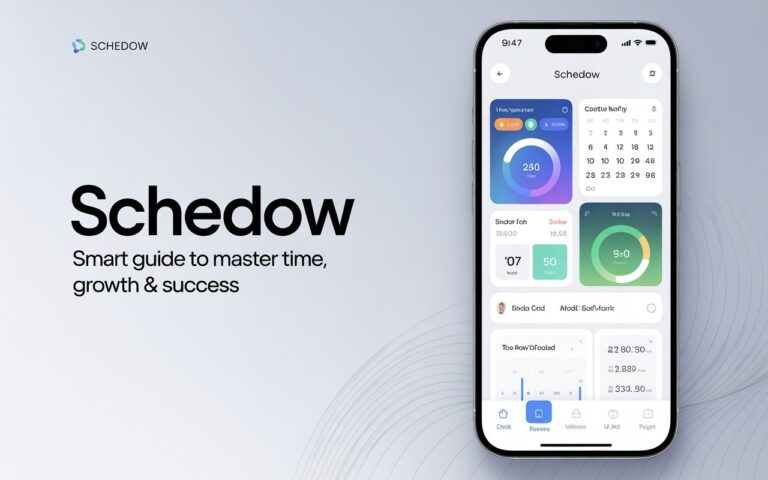Developing Critical Thinking Skills Through Logical Reasoning Practices
In today’s fast-paced professional world, the ability to think critically is more than a desirable skill—it is essential. Professionals who can analyze information, evaluate arguments, and make informed decisions consistently stand out. Tools like a Watson Glaser practice test are invaluable for helping individuals assess and improve these skills, offering insight into strengths, weaknesses, and areas for development.
Why Logical Reasoning Matters More Than Ever
We live in an age of information overload. Every day, we’re bombarded with opinions, “facts,” and claims that seem credible—but how do you separate what’s solid from what’s fluff? Logical reasoning gives you the mental toolkit to:
- Spot weak arguments without getting fooled by fancy words.
- Anticipate consequences before making choices.
- Make decisions that actually work, instead of relying on guesswork or gut feeling.
Take, for example, a marketing manager analyzing campaign data. Two metrics look promising, but a deeper dive shows one metric is misleading due to flawed tracking.
How to Build a Thinking Edge Without Boring Exercises
You don’t need textbooks or tedious drills to sharpen your brain. The trick is to integrate reasoning into your daily life in ways that feel natural, even fun:
- Ask “Why?” relentlessly. Every time someone tells you something, probe deeper.
- Challenge the obvious. What seems intuitive might be hiding a false assumption.
- Play with “what if” scenarios. Consider alternate outcomes to see problems from multiple angles.
- Think in stories. Connect information like puzzle pieces to uncover patterns and insights.
The more you practice these techniques, the faster your brain becomes at spotting weak arguments, making connections, and predicting outcomes—all without even realizing you’re “studying.”
The Secret Sauce: Turning Critical Thinking Into Career Wins
Logical reasoning doesn’t just make you smarter—it makes you indispensable. Professionals who think critically tend to:
- Navigate uncertainty with confidence.
- Influence teams and stakeholders with well-supported arguments.
- Avoid costly mistakes by spotting flawed logic early.
- Find innovative solutions where others see dead ends.
Imagine walking into a meeting knowing you can identify assumptions and weak reasoning instantly. That confidence doesn’t just boost performance—it earns respect, influence, and career momentum.
The Cognitive Science Behind Reasoning
Modern research shows that our brains are wired to find patterns, but they’re also prone to shortcuts—biases that can cloud judgment. Logical reasoning acts like a mental “debugger,” helping us spot cognitive errors before they affect decisions.
Critical Thinking in High-Pressure Environments
One of the most compelling applications of logical reasoning is in high-stakes or fast-paced scenarios. Emergency responders, doctors, and project managers all face situations where decisions must be made quickly. In these moments, reasoning skills help individuals filter relevant information, anticipate consequences, and act with confidence.
When Practice Meets Real Life
While real-life experience strengthens reasoning naturally, structured tools like the Watson Glaser practice test help fast-track growth. They give you:
- Insight into patterns in your own thinking.
- Feedback on where assumptions or reasoning gaps exist.
- A “mental gym” where you can safely test your logic under pressure.
Combine these insights with everyday reflection, observation, and curiosity, and you’ll see your thinking sharpen at a rate most people only dream of.
Why This Skill Will Never Be Obsolete
AI, automation, and technology are changing the world—but reasoning, judgment, and problem-solving remain uniquely human superpowers. The professionals who excel in the coming years won’t just know information—they’ll know how to think about information.
Using Reflection to Strengthen Judgment
Reflection is the secret weapon of highly effective thinkers. After every decision or project, take a moment to ask:
- What assumptions did I make?
- What evidence was most influential in my decision?
- How might I approach this differently next time?
This practice trains your brain to recognize patterns, correct errors, and internalize lessons. Reflection turns experience into wisdom, which is the ultimate goal of critical thinking.
Final Thoughts
Critical thinking and logical reasoning aren’t academic exercises—they are survival skills for navigating modern life. The good news? Anyone can improve. By questioning assumptions, observing patterns, reflecting on decisions, and integrating reasoning into daily life, you’ll start seeing the world more clearly and making smarter choices.






